
About Migraines
Migraines are severe headaches and are considered quite debilitating since the pain lingers for hours or even days and is hard to eliminate. The condition usually starts with a specific introduction. The introduction is in a form of sensory warning symptoms or signs called auras. The aura may include flashes of light, blind spots or tingling sensation in different parts of the body.
Migraines generally start during childhood. The initial attack can also affect adolescents or young adult people. The migraine attack features with moderate to severe headache. The pain is usually limited to one side of the head and may change sides. It intensifies with physical activity and is accompanied by nausea and vomiting. During the migraine attack the person is highly sensitive to light and sound. Untreated migraines linger from several to 72 hours.
Migraines seem to be related to genetic as well as environmental factors. The combination of the two is in majority of cases the cause of the attacks. There is a variety of triggers that cause the onset of migraines. In women migraines may occur due to hormonal changes. Furthermore, there are certain foods able to trigger migraine attacks such as alcohol, aged cheese, chocolate, foods containing aspartame etc. Stress, sensory stimuli, changes in wake-sleep pattern, changes in environment and medications are several more triggers of migraines.
Therapy for Migraines
There are many medications used for migraines. Some of them can reduce headache while other can be efficient in preventing migraine attacks.
Pain-relieving drugs are supposed to be taken as soon as the person experiences symptoms and signs of migraine. Patients suffering from moderate migraines may benefit from nonsteroidal anti-inflammatory drugs (NSAIDs). Furthermore, triptans are treatment of choice in patients suffering from severe migraines. Triptans may cause several side effects including nausea, dizziness or muscle weakness. They are never administered to people who are at risk of stroke or heart attack. Ergotamine is equally effective as triptans. However, ergotamine is ineffective in case the pain lingers for more than 48 hours. Nausea can be reduced with anti-nausea medications. And finally, in patients in whom the pain cannot be controlled with triptans or ergot doctor may prescribe medications containing narcotics. Still, such treatment requires proper control because narcotics are habit-forming drugs.
Preventive medications can reduce the frequency, severity as well as the length of the migraine attacks. They include different groups of drugs such as certain cardiovascular drugs (beta blockers and calcium channel blockers), antidepressants, anti-seizure medications, cyproheptadine and botulinum toxin type A.





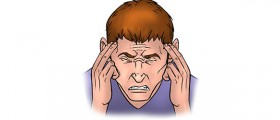


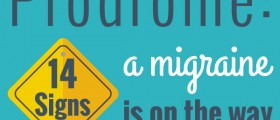


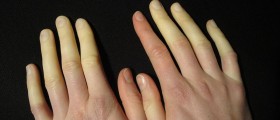
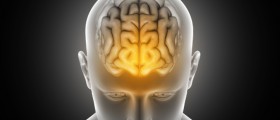
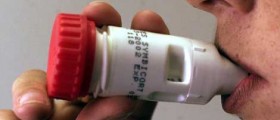
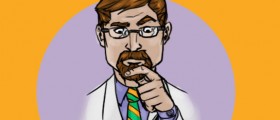
Your thoughts on this
Loading...